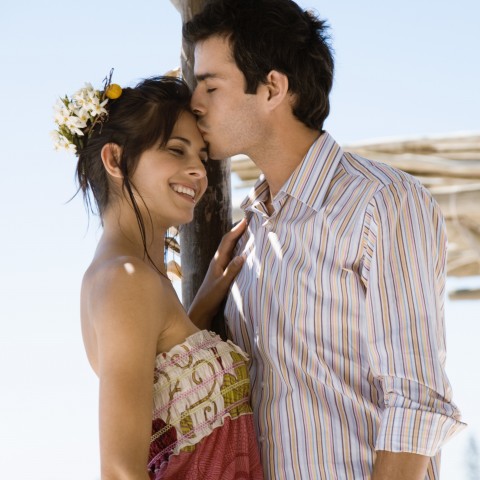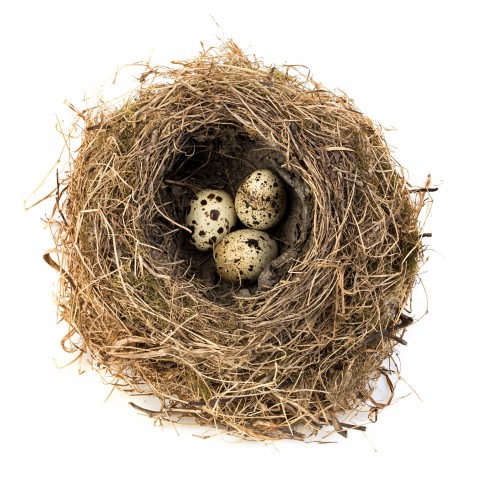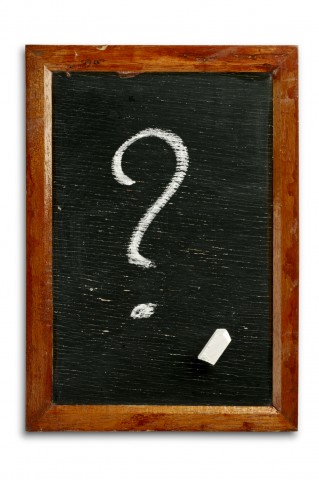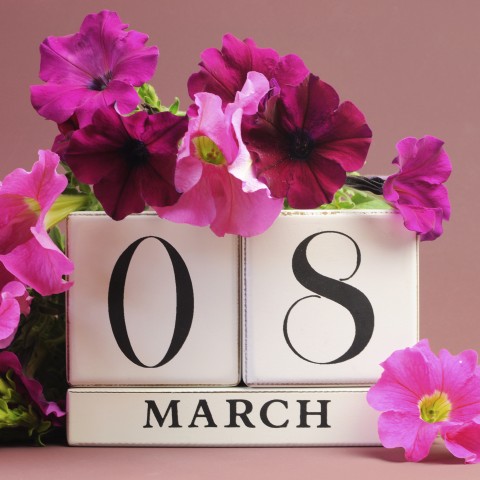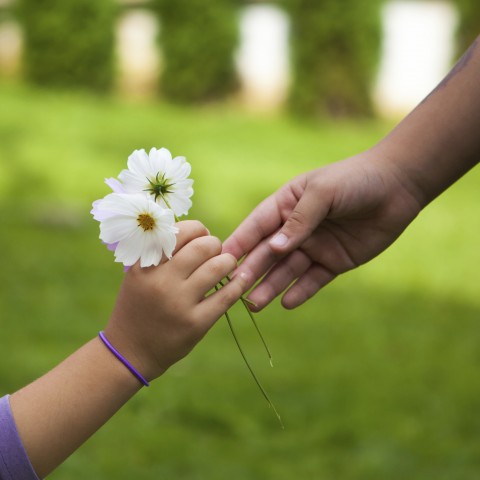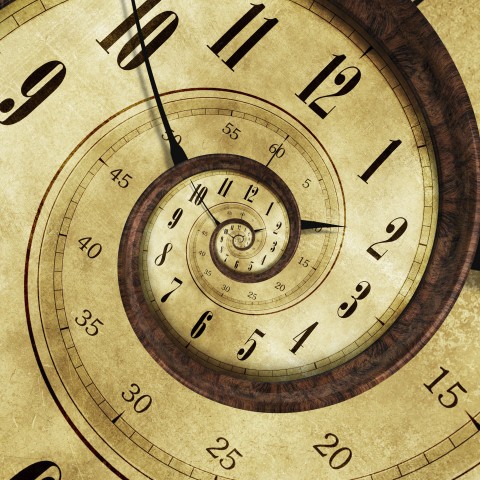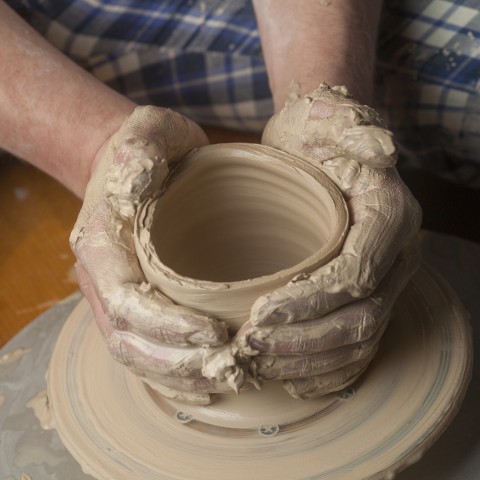
Some people doubted that Netflix would ever come to Romania. Not a lot of people in the “international media” market think of that European country too much, sadly.
But Netflix made a calculated decision when it finally created Netflix Romania.
First, Romanians have some of the fastest and cheapest internet in the world. They’ve been streaming high-definition videos for years.
Second, they love to watch TV and movies from all over the world. It’s not uncommon to find young Romanians speaking perfect English that they learned from the Cartoon Network and, more recently, the Disney Channel. All in all, the decision to make the program Netflix Romania seems like a smart decision.
Romania, though, isn’t an English-speaking country yet. And you can use Netflix as it exists in Romania right now to help you take major steps toward using Romanian just as well as locals do, both with Netflix Romania subtitles and without. After reading more about some of the best shows on Netflix, we think you’ll be interested in downloading the Romanian Netflix app to improve your language skills!

Table of Contents
- Why You Need to Watch Kids’ Romanian Shows on Netflix
- Ten Wonderful Things on Netflix and What They Can Do for Your Romanian
- American Films in Romanian – Just for You
- Conclusion
1. Why You Need to Watch Kids’ Romanian Shows on Netflix

When you’re a worldwide company with as many things to take care of as Netflix, you end up with a lot of responsibility to everyone. You’ve got to balance the demands of the consumers with what the media companies are actually willing to offer you – and those don’t always line up.
So we’re gonna come right out and say it. Right now, there are no original Netflix Romanian shows; there’s nothing on Netflix originally produced in Romania for Romanians.
If that’s the case, why do a Romanian Netflix download at all?
Because it’s better than you can imagine.
It’s not always easy to get immersed in the media of another culture. Different people have different tastes when it comes to movies and shows.
If you watch a show dubbed in Romanian, you get a couple of perks. First, the sound is often clearer, since the dubs were recorded under controlled studio conditions instead of on set. Second, the narrative structure itself might be a little more clear to you—with cultural references coming from your own background, instead of somebody else’s.
Truth be told, when I began to write about these Romanian Netflix shows, I expected to have to paint them in an unnaturally good light. But the truth is, there really is a lot of great stuff for younger audiences dubbed in Romanian, and I found myself actually getting into the story of Llama Llama by the end!
That said, let’s take a look at some of the best Romanian Netflix shows, as well as the older stuff. Read through our list to find the perfect Romanian series on Netflix for you, and begin to learn Romanian on Netflix!
2. Ten Wonderful Things on Netflix and What They Can Do for Your Romanian

1- Carmen Sandiego
Immediately attention-grabbing as one of the most beautifully drawn animations on this list of Romanian shows on Netflix, Carmen Sandiego is as close as you can get to a kids’ crime thriller.
The titular master thief Carmen is a modern-day Robin Hood, stealing only from the evil villains’ association V.I.L.E. The show is whip-smart, with enough nifty spy gadgets to make anybody want to start sneaking around museums at night.
One interesting thing is that a main supporting character speaks Romanian with a heavy French accent, providing a unique listening challenge.
And there are awfully few young adult shows dealing with crime and police investigations—so if you want vocabulary that prepares you for native Romanian cop shows, this is a perfect stepping stone for you.
Interested? Give this Romanian Netflix series a try!
2- My Little Pony: Friendship is Magic
Unless you’ve been totally oblivious to media trends in the last few years, you’ve heard about this show (which we’ll abbreviate, as the fans do, to MLP:FiM here). It’s about a kingdom of magical ponies, their friendships, and their struggles.
As a firmly fantasy-based genre, MLP:FiM will expose you to exactly the right amount of “fantasy” and “medieval” words. You never realize how much people still talk about queens, castles, and magic these days until you find yourself in a conversation where those are the only things you don’t know how to say. Add some flair to your Romanian conversations with this Netflix Romanian-dubbed show.
3- Young Justice
The DC superhero universe has always had a huge number of heroes that seem to get about the same level of screen time—less than the A-listers, but still enough to get comic books and shows. That’s exactly what’s going on in Young Justice, one of the most-loved Romanian TV shows on Netflix that originally came out in 2010. These younger sidekick-type folks do their best to establish themselves as real heroes, while at the same time balancing their crime-fighting and secret-identity lives.
Superheroes love to quip at one another, especially when they’re all teaming up for the same goal. The fast-paced wordplay here is a great way to hone your Romanian listening speed, especially because the voice actors speak fast in order to match up with the animation. Watch this Romanian Netflix series without subtitles and see how much you pick up!
4- Alexa & Katie
Netflix does a lot of unconventional TV shows, particularly when it comes to shows revolving around younger people. So that’s why in early 2018, their next big “groundbreaking” show followed a format that caused some people to double-take.
Alexa & Katie is a classic high school sitcom aimed at kids who haven’t quite made it to high school yet themselves. The overarching plot is that Alexa has cancer—but it’s not a sad show by any means. She and her best friend Katie are relentlessly optimistic and goofy about life in general. A high school sitcom is the perfect thing for understanding how Romanian teenagers talk. It must be said, though, that this Romanian Netflix series is squeaky-clean and won’t teach you any of the words that they don’t say around their parents.
5- Free Rein (Frâu liber)
Wouldn’t you know it, the pun in the title translates well into Romanian too!
This Netflix Romania 2017 show features a heartwarming story of a young American girl who visits England and becomes enamored with a local horse barn and riding school. While there, she learns to ride well, to get over her disagreements with other girls her age, and even to conquer her feelings for a boy at the school.
Most people really like this show for its positive moral messages, diverse cast, and strong female leads. If you’re seriously into horse riding yourself, you may have a couple of quibbles about the way the sport is depicted, but overall you’ll still definitely enjoy this Netflix Romanian-dubbed show.
As for the vocabulary, well, equestrianism isn’t something most people talk about every day. Just by watching a couple episodes of this, though, you’ll pick up enough to be able to hold your own in a conversation with any Romanian horse enthusiast.
Horse-lovers, make your way to the Romanian Netflix sign in now and start bingeing!
6- LEGO Ninjago: Masters of Spinjitzu
Are you looking for action? Go no further than LEGO Ninjago, where you can awaken your inner eight-year-old and enter a world of ninjas, snakes, and ancient butt-kicking martial arts.
You might shy away at first from a show based on toys, but the characters and the surprisingly heavy plotlines are guaranteed to hold your interest. And with six seasons of material to work with, you won’t run out of action for a long time.
Language-wise, this series contains a little less dialogue and a little more action than others. But even so, you’ll get exposed to words and phrases related to fighting, winning, and knowing when to pick your battles.
7- The Dragon Prince (Prințul Dragon)
Similar to My Little Pony, The Dragon Prince also takes place in a magical fantasy world. However, that’s where the similarities end. One of the showrunners, Aaron Ehasz, also worked on the critically acclaimed Avatar: The Last Airbender, so that should give you a bit of a feeling about what to expect from this Romanian TV Netflix series.
It takes place in a world of strange creatures, epic lore backstories, and continents waging war via the elements. A band of two princes and an assassin join forces to bring peace to the world—but is that possible, or even desirable? Nothing is black and white.
Since it’s a show for more mature audiences (think ages 11+ as opposed to 8+), you’ll get a different level of “high-fantasy” vocabulary from The Dragon Prince.
8- Prince of Peoria (Prințul Peoriei)
You won’t be able to watch both Alexa & Katie and Prince of Peoria without drawing comparisons. Both are about ordinary American high school life, and one is dominated by female friendships while the other is dominated by male friendships.
The unique twist with Prince of Peoria, though, is that a rich foreign prince from a fictional land can’t wait to experience real American teenage life in Peoria, Illinois.
You might think that two high school sitcoms would be too many—but really, watching both of them means you actually have to study less.
Both have totally different characters, but similar situations. That means the “ordinary American high school” vocabulary in Romanian will end up repeating itself naturally, soaking into your mind without you having to do anything but watch. For easy Romanian language practice, head to the Romanian Netflix sign in and start watching!
9- The Epic Tales of Captain Underpants (Marile Aventuri ale Căpitanului Chilot)
Whether you loved the book series in the early 2000s or got started with the movie a few years ago, fans of the Captain Underpants franchise will find that this TV series adaptation fits perfectly into the universe.
For those who aren’t familiar, it’s an irreverent slapstick comedy about two boys who use a hypnosis ring to turn their principal into a superhero known as Captain Underpants, named for his outfit consisting entirely of tighty-whities and a red cape.
The short runtime of each episode means that the jokes never get stale, and the animation team does a fantastic job showing just how creative kids can be with their own imaginations. And as you might have guessed, there’s a lot of toilet humor. Ever wanted to learn how to talk about farts in Romanian? Now’s your chance.
10- Llama Llama (Lama Lama)
Maybe the high-fantasy adventures or fast-talking quips from the other series on this list aren’t quite doing it for you. Or perhaps you’d like to ease yourself into the Romanian language with something simple, structured, and yet still entertaining. Enter Llama Llama.
Every episode has an important lesson for the young Llama Llama (first name Llama, last name Llama) as well as his friends. But it’s not preachy at all.
It’s a simple show with good characters and honest discussions about how to be a better person—or animal—by respecting others and taking care of yourself. The lessons are given in straightforward language, while at the same time being natural enough to keep even intermediate learners on their toes linguistically.
3. American Films in Romanian – Just for You

One quick note to give you yet another reason to check out Romanian Netflix: The movie catalog.
So far we’ve talked exclusively about TV shows, which is all fine and dandy.
But this very moment, Netflix has classic Dreamworks films with Romanian audio tracks available in many different regions. Puss in Boots, How to Train your Dragon, Megamind, Kung Fu Panda, and more—they’re all there. And if you grew up watching these movies, watching them again with Romanian dubbing is a fantastic way to associate long-term meaning with the new Romanian words.

By the way, you may ask yourself, “What about using Netflix Romania subtitles?” Well, they can be useful, but on the whole it’s a lot better to just use dubbing. Sometimes the Netflix Romania subtitles are poorly translated, and they usually omit a lot of the nuance of the actual dialogue in order to fit on the screen.
The one good way to study with subtitles is to simply turn off the sound and see how well you can follow. That way, you really get your reading speed into gear and probably end up picking up new words and phrases along the way.
Netflix Audio Descriptions: A Secret Sauce for the Future
Well, it’s not that secret. There’s a button right down at the bottom of the screen. An audio description is just another audio track where there’s a narrator talking about what’s happening on-screen.
Why would you want that when watching Romanian movies on Netflix? First off, if you’re vision-impaired in some way, it’s a great way to follow more of the action.
But even if you’re not, the extra audio is amazing for learning (as long as the audio is in Romanian). You get to hear a native speaker describe what’s going on, from the smallest details to the biggest plot twists. That’s amazing for getting a native-like sense of how to talk about different events as they happen.
Unfortunately, at the time of this writing, there are no such audio tracks in Romanian on Netflix—just ordinary dialogue tracks.
And yet there’s an option to search for them. That indicates that Netflix’s Romanian branch is interested in offering them in the future (remember that Netflix in Romania only launched in mid-2017). When they do, hopefully you’ll be the first to use them to turbocharge your Romanian listening.
4. Conclusion
You can get a lot of mileage out of studying Romanian with Romanian Netflix series, especially considering the relatively low Romanian Netflix price. But it can’t be a magic bullet.
Ideally, you’d have a mix of solid study time and “chill-out” time while watching movies and TV both on and off Netflix.
Because seeing words and sentence structures in a natural context that you studied already is a great way to really remember them for the future. Haven’t you ever learned the name of some actor and then suddenly heard about him everywhere? Not easy to forget after that.
As long as you keep up your Romanian studies, that feeling never has to go away.
So, reader, which of these Netflix Romania shows do you want to start watching first, and why? What about Romanian movies on Netflix? Let us know in the comments!

Author: Yassir Sahnoun is a HubSpot certified content strategist, copywriter and polyglot who works with language learning companies. He helps companies attract sales using content strategy, copywriting, blogging, email marketing & more.



